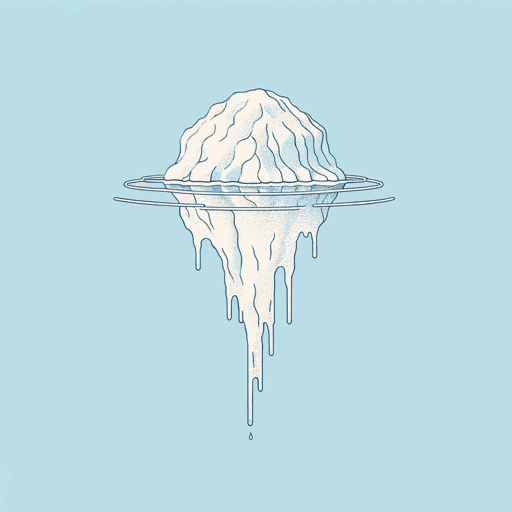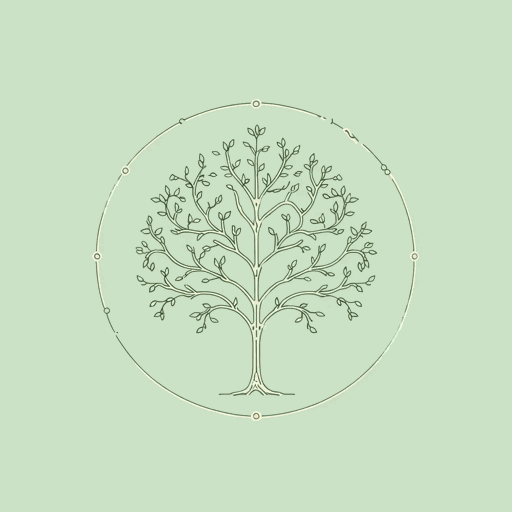41 pages • 1 hour read
Hope JahrenThe Story of More: How We Got to Climate Change and Where to Go from Here
Nonfiction | Book | Adult | Published in 2020A modern alternative to SparkNotes and CliffsNotes, SuperSummary offers high-quality Study Guides with detailed chapter summaries and analysis of major themes, characters, and more.
Important Quotes
“Convincing people to examine their energy use is like trying to get them to quit smoking or to eat more healthfully: they already know that they should do it, but there’s a billion-dollar industry working round the clock, inventing new ways to make sure that they don’t.”
(Chapter 1, Page 6)
Although she acknowledges the persuasiveness and power of the global corporate supply chain that encourages consumers to consume, Jahren places responsibility on the individual to reduce their energy footprint, by flying and driving less and eating less meat. Here she frames the problem partly as one of brainwashing, implying she wants to give people the tools they need to resist corporate messaging.
“We must learn to live together if we want to live well.”
(Chapter 2, Page 13)
The Earth currently has seven billion people, which is the smallest number of people it will have for the foreseeable future. Population growth, in other words, is here to stay. We cannot necessarily curb population growth as a means of protecting and improving the environment. The only real option going forward is to learn to reduce what we consume and share our resources more equally among regions.
“The more complicated problem, unique to our generation, is that the enormous consumption of food and fuel by just 10 percent of us is actively threatening Earth’s ability to produce the basics of life for the other 90 percent.”
(Chapter 2, Page 14)
This quote relates to one of the major themes in Jahren’s book: that there is a severe global geography of need. People living in wealthier regions have access to most of the resources, while people living in poorer regions do not. What’s more, the nature of resource consumption in OECD countries is a major driver of climate change.


